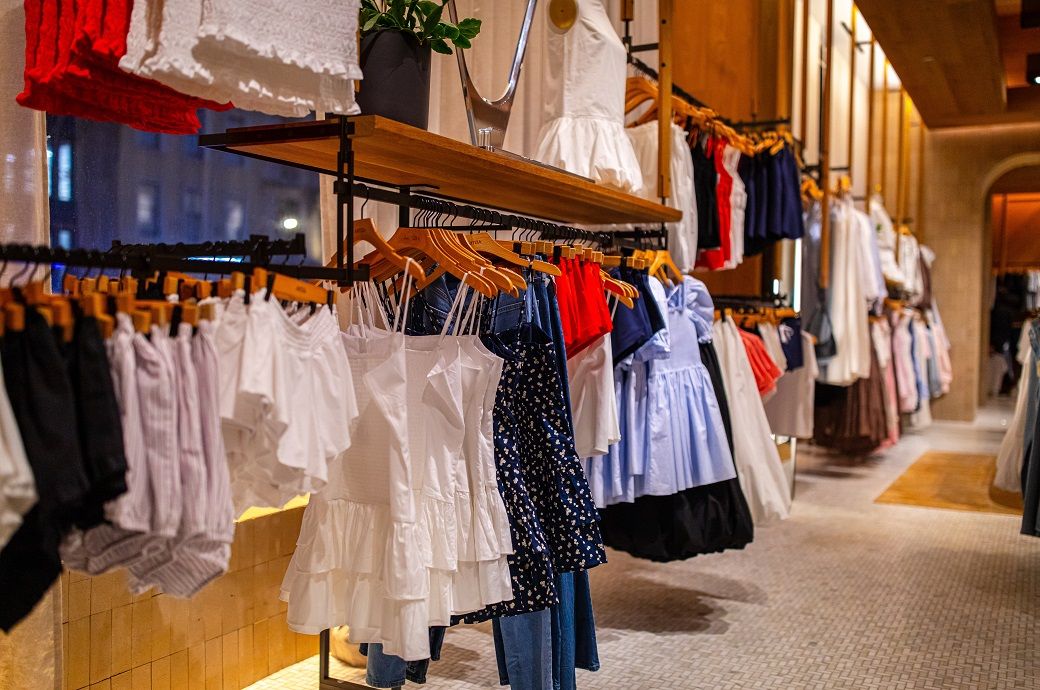
Retailers reliant on imports from China, Vietnam, and Cambodia are especially vulnerable, with Fitch noting the absence of a long-term trade agreement and persistent uncertainty despite a recent US Federal court ruling. Soft line and department store retailers face heightened sourcing risks, which could affect holiday season planning and lead to markdowns, inventory issues, or lost market share, it said in a press release.
Fitch projects mid-single digit topline declines for discretionary spending, including apparel and footwear, in 2025. This could result in EBITDA declines of up to mid-teen levels due to sales deleverage, increased markdowns, and some absorption of tariff costs. However, Fitch also noted divergence across product categories and company strategies.
Larger, higher-rated retailers such as Signet Jewelers (BBB-/Stable) and Dillard’s (BBB-/Positive) are expected to better withstand volatility due to stronger vendor relations, design capabilities, and liquidity. In contrast, companies like Capri Holdings (BB/Negative), which is already experiencing EBITDA and topline pressure, may face greater challenges. Capri could benefit in the near term from the proceeds of its Versace sale.
Fitch expects retailers to preserve liquidity by limiting share buybacks, capital expenditure, and dividends, as they did during past downturns. While most Fitch-rated issuers have sufficient rating headroom and manageable maturity risk, companies such as Levi Strauss, Macy’s, Nordstrom, and Samsonite may see EBITDAR leverage trend near or above negative rating sensitivities in 2025 before improving in 2026, the release added.
ALCHEMPro News Desk (KD)
Receive daily prices and market insights straight to your inbox. Subscribe to AlchemPro Weekly!